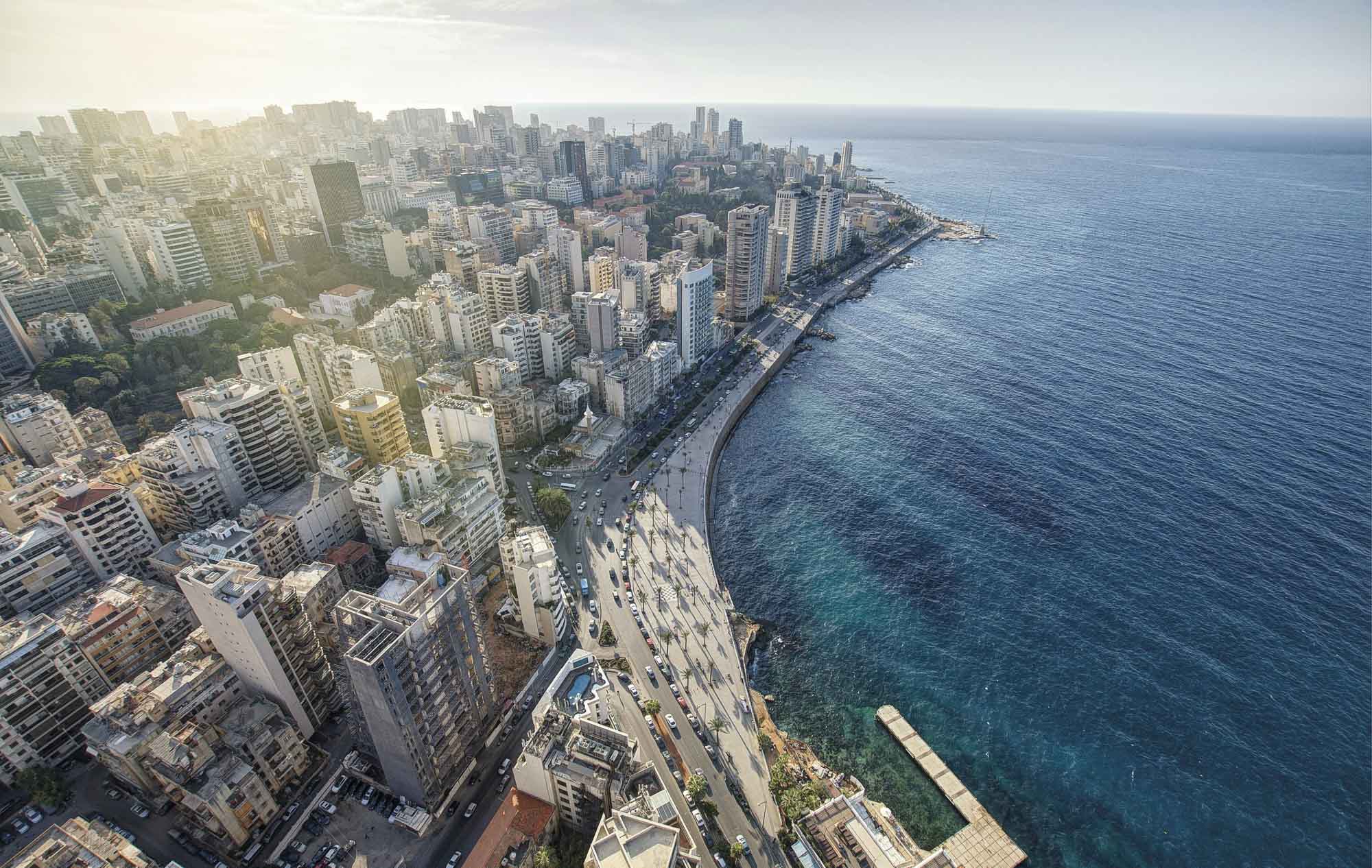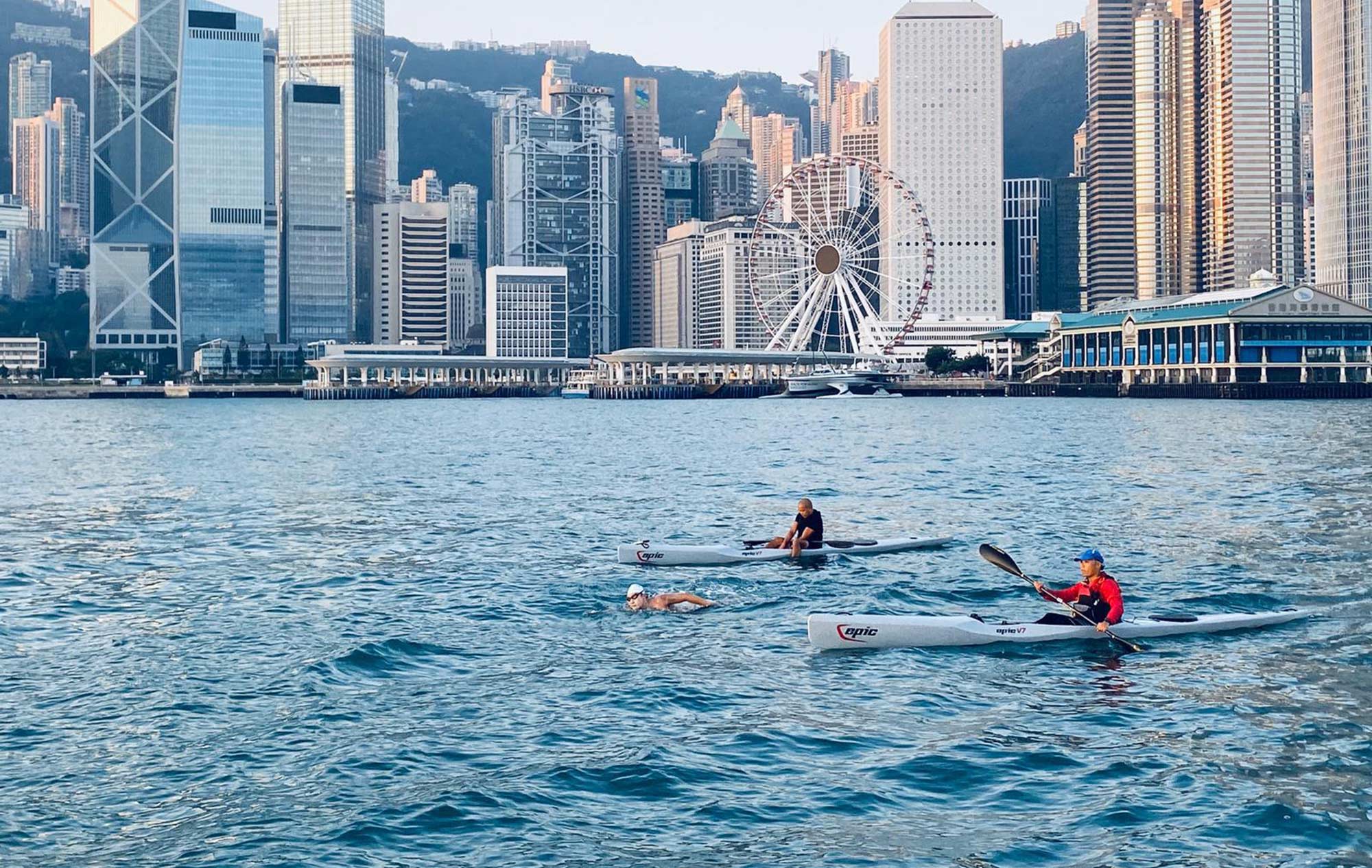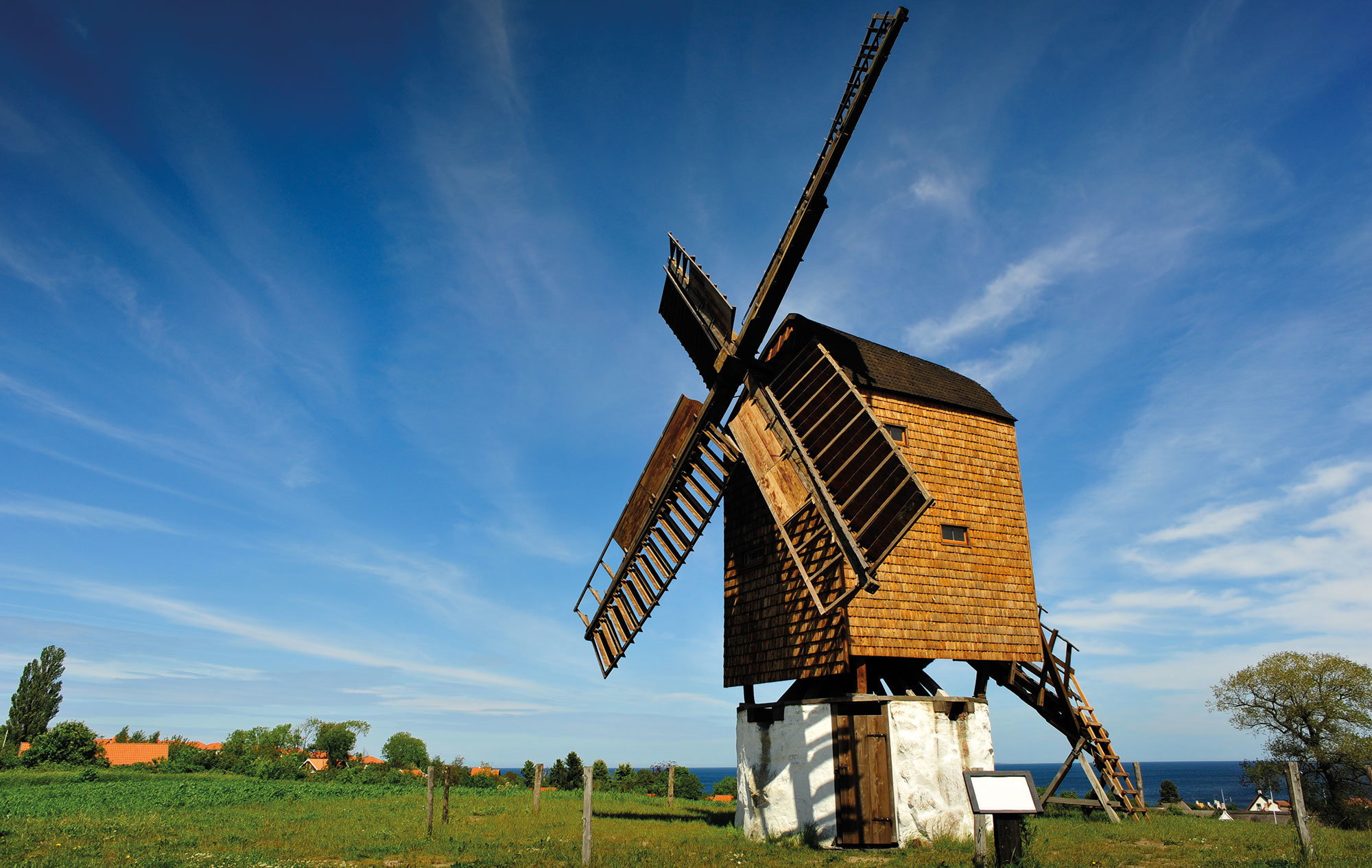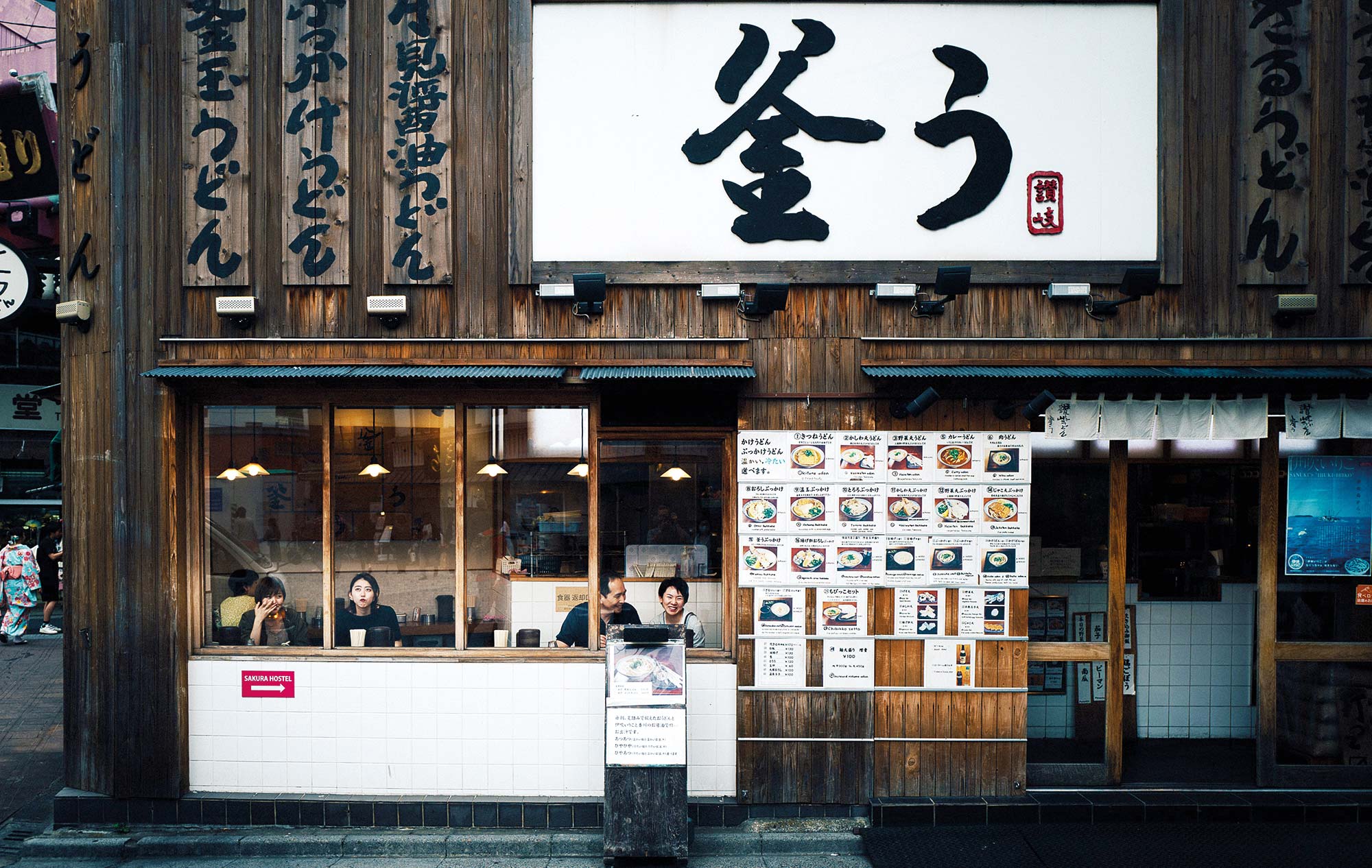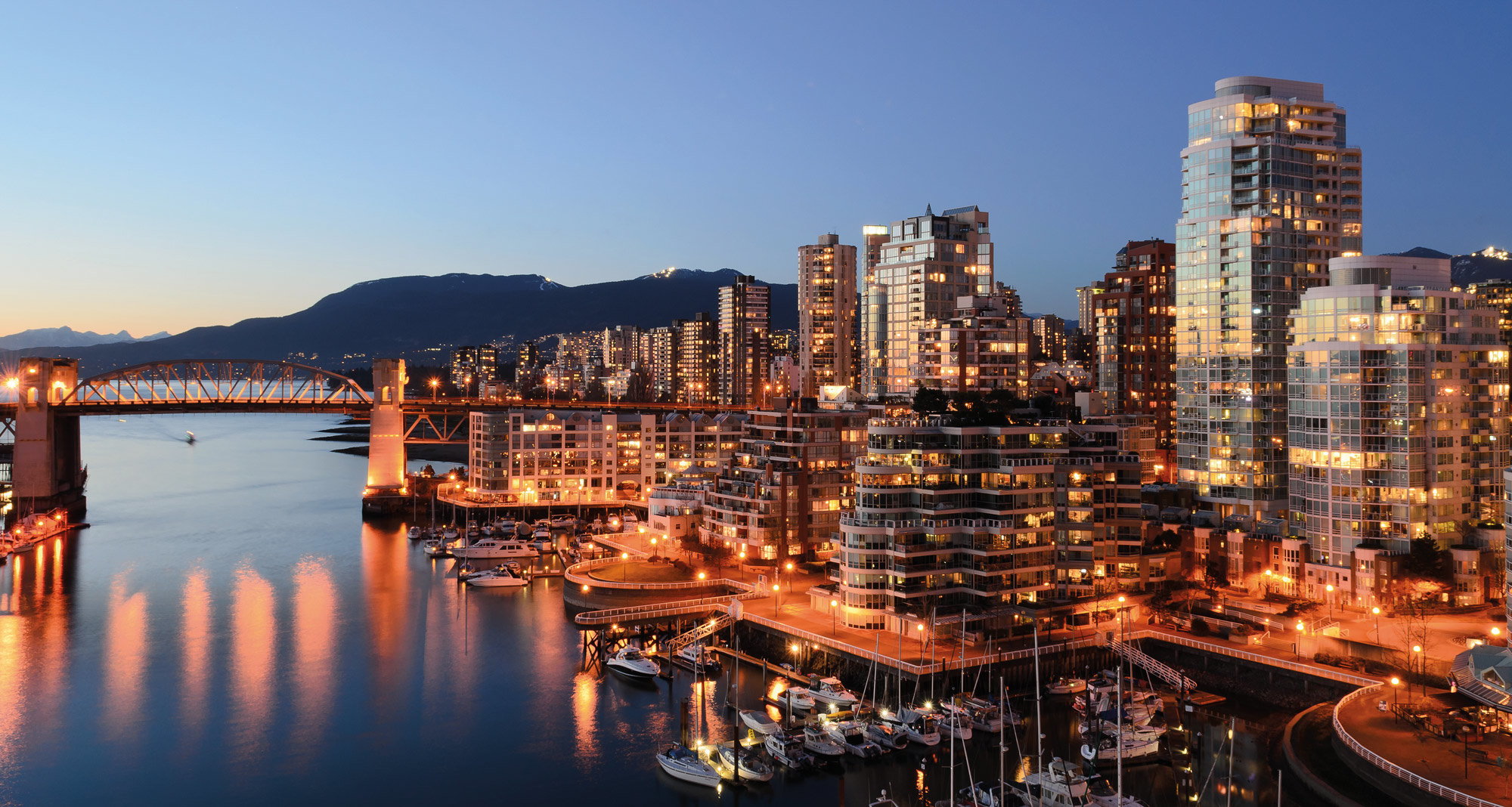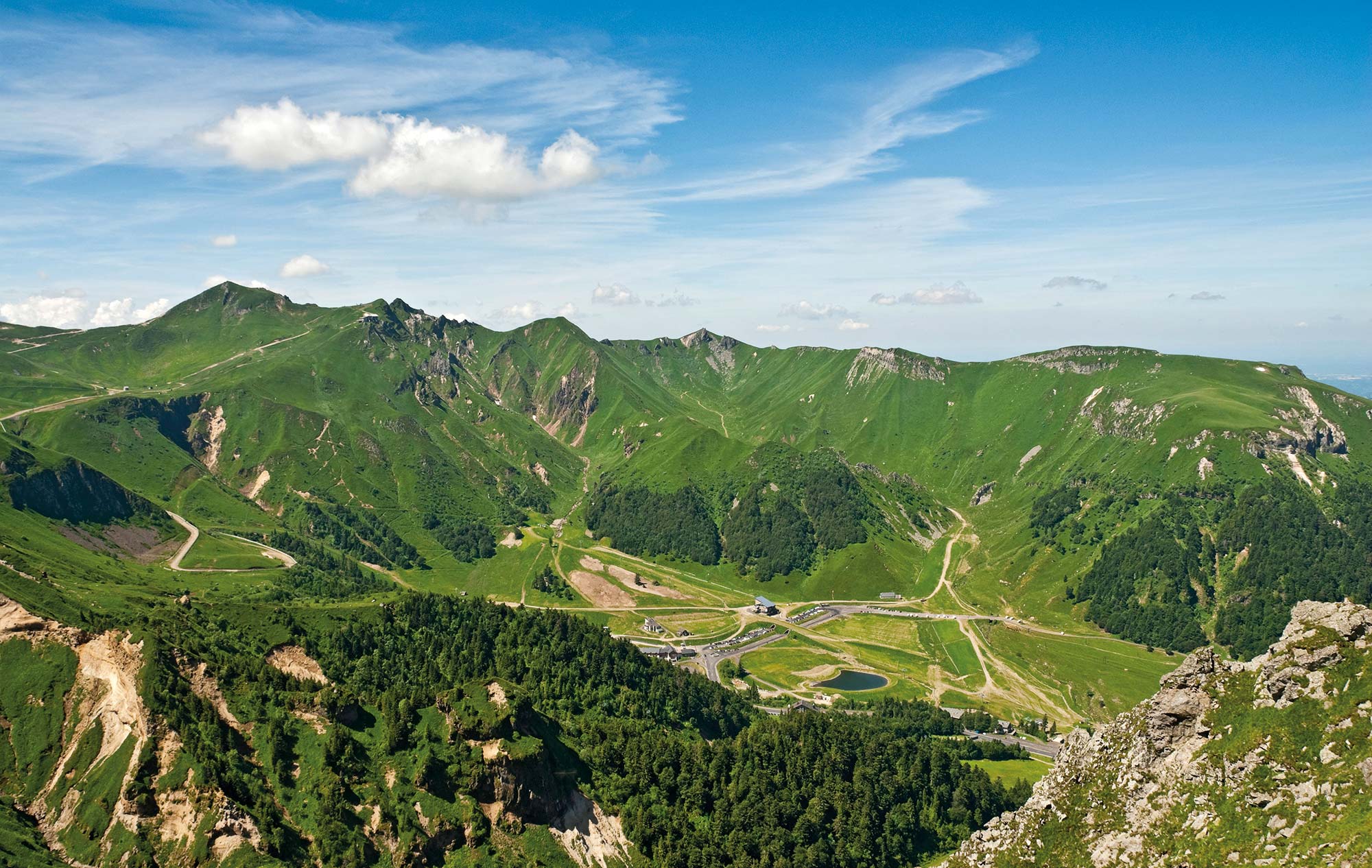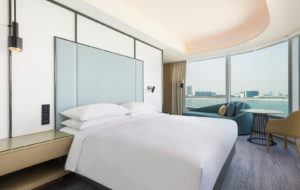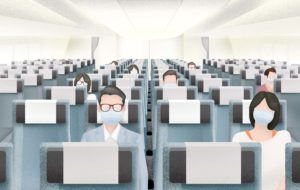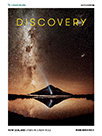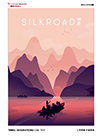Before I visited Beirut in 2006, black and white images of war and terror had been etched in my mind. What I found was more than I could have dreamed.
It is a city like no other. A place close to falling apart, but at the same time, held together by an incredible spirit. Like Paris in the 1930s, it was on the edge of war, a cafe culture full of creative types, where politics sparked heated debate.
Today, Beirut is thriving. It’s a city that shows how the Middle East could be: a mix of cultures, religions, art and politics. Hedonistic and reserved, modern and traditional, inward-looking yet full of global ideas.
I’ve eaten amazing meals, and far too many nights have ended at daybreak. Lunch at Tawlet, where traditional Lebanese dishes are prepared straight from the field; Armenian dumplings at Mayrig; heated discussions and whiskeys till dawn at Abou Elie, Beirut’s last communist bar, where photos of Che Guevara adorn the dark red walls. If you drink long enough, they serve breakfast.
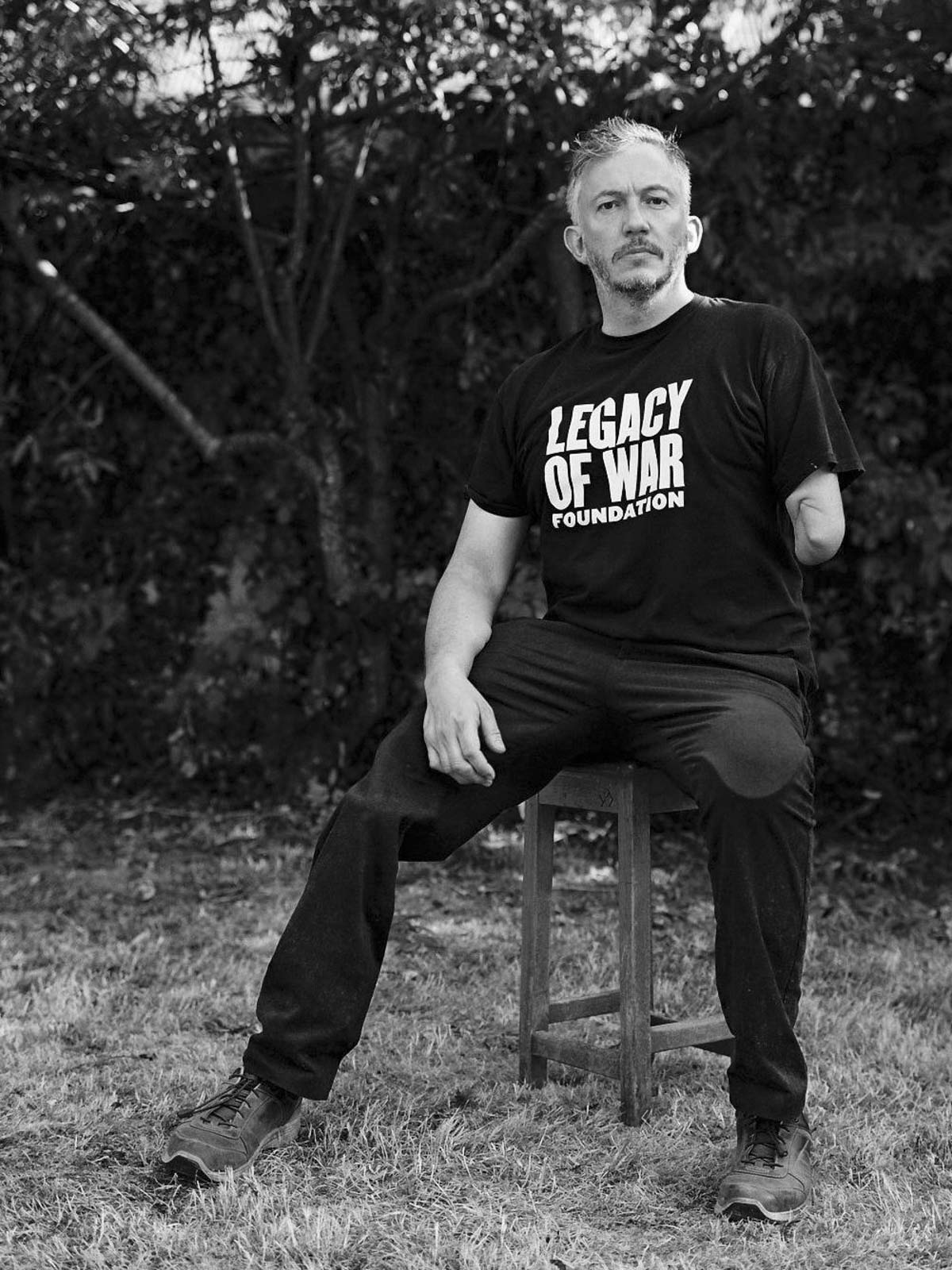
You can’t help but feel a personal connection to Beirut. It’s not about the buildings; it’s about the spirit of the people living there. For me, seeing this city for the first time was like catching the eye of the most captivating, beautiful and exciting woman across a room. Within moments I had lost my heart to her.
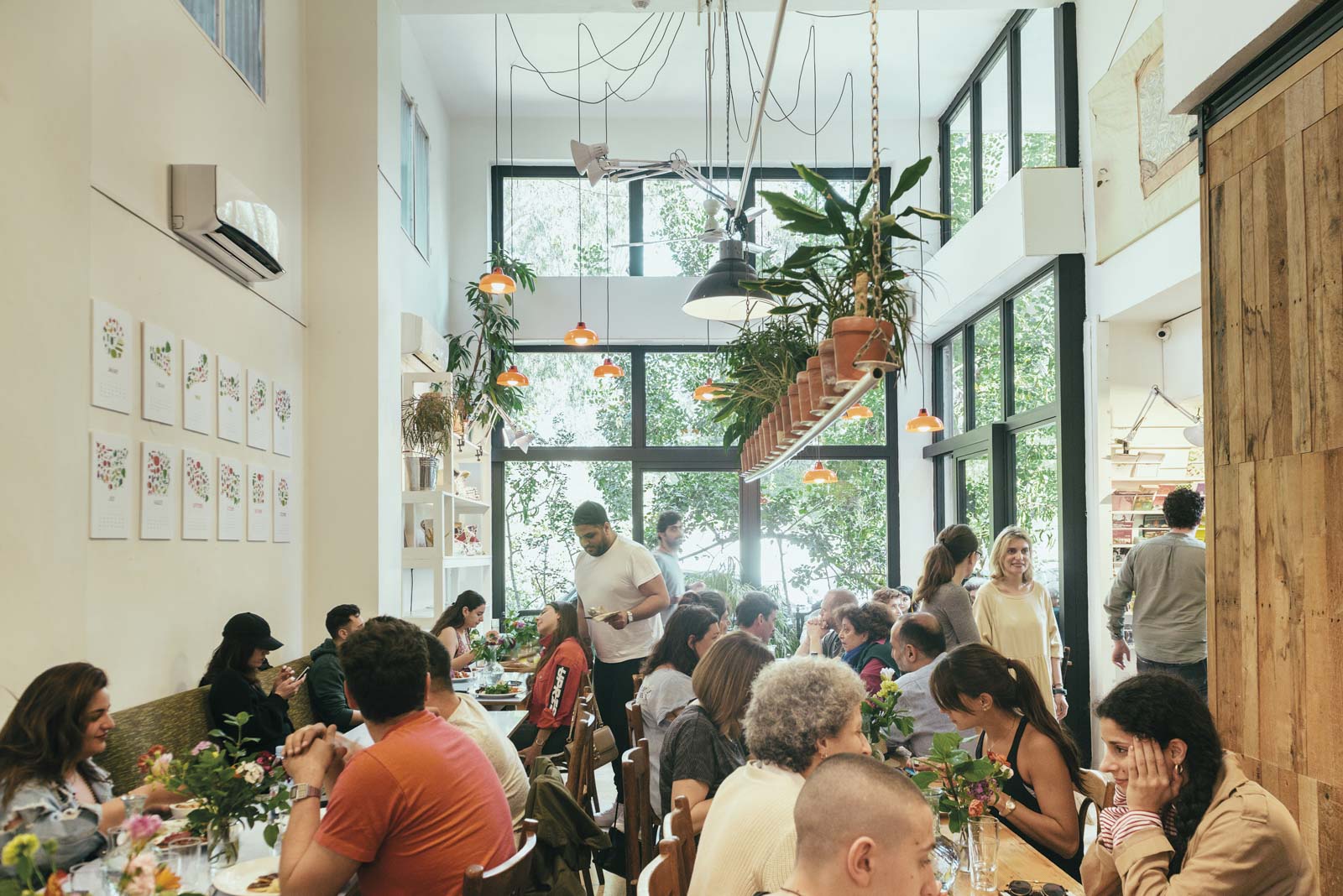
Giles Duley is a photographer and the founder of the Legacy of War Foundation.



